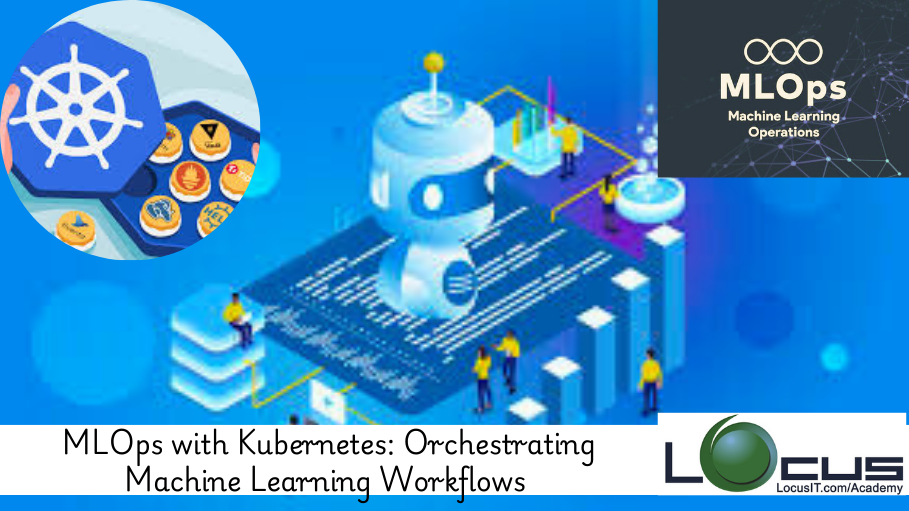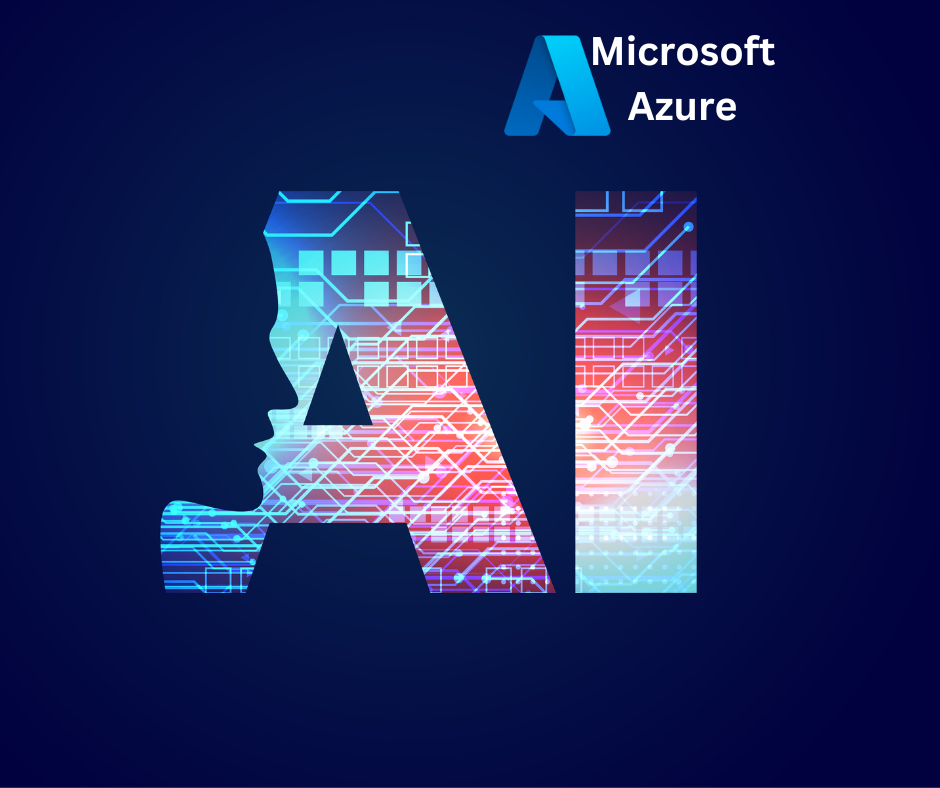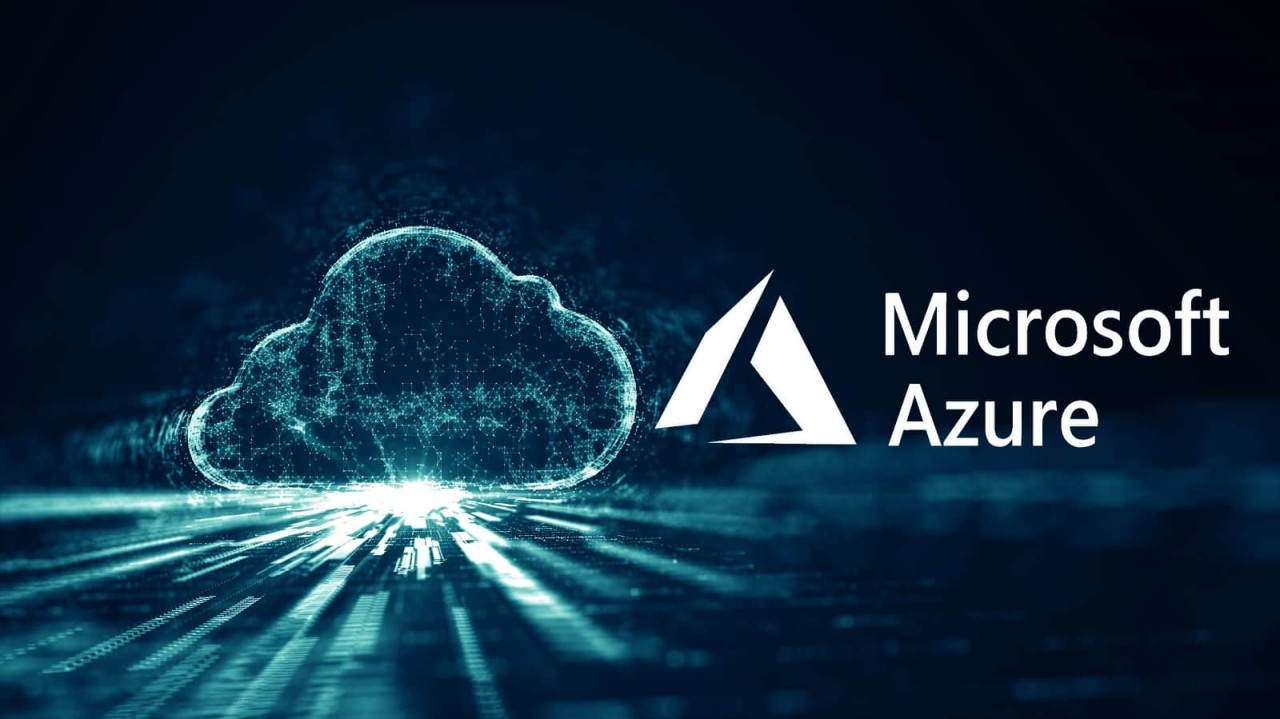Description
Introduction
Kubernetes has become the backbone for deploying scalable, reliable, and automated machine learning workflows. This course focuses on integrating MLOps principles with Kubernetes to streamline the ML lifecycle. Learn to deploy, monitor, and manage machine learning models in production using containerized environments and Kubernetes orchestration.
Prerequisites
- Basic understanding of machine learning concepts and workflows.
- Familiarity with containerization using Docker.
- Knowledge of Kubernetes architecture and operations.
- Experience with Python and ML frameworks like TensorFlow or PyTorch.
Table of Contents
- Introduction to MLOps and Kubernetes
1.1 What is MLOps, and Why Use Kubernetes?
1.2 Overview of Kubernetes Architecture for ML Workflows
1.3 Key Concepts: Pods, Nodes, Services, and Deployments - Setting Up Kubernetes for Machine Learning
2.1 Installing and Configuring a Kubernetes Cluster
2.2 Exploring Managed Kubernetes Services (GKE, EKS, AKS)
2.3 Integrating Kubernetes with Cloud Storage and Compute - Containerizing Machine Learning Workflows
3.1 Building Docker Images for ML Applications(Ref: Implementing MLOps with Azure: Scaling Machine Learning Models)
3.2 Optimizing Containers for ML Libraries and Frameworks
3.3 Best Practices for Secure and Efficient Containerization - Deploying Machine Learning Models on Kubernetes
4.1 Serving Models with Kubernetes: Deployment and Services
4.2 Leveraging Model Servers: TensorFlow Serving and TorchServe
4.3 Autoscaling with Horizontal Pod Autoscalers (HPA)
4.4 Managing Stateless vs. Stateful Workloads - Orchestrating ML Pipelines with Kubernetes
5.1 Introduction to Kubeflow for ML Workflows
5.2 Defining Pipelines with Argo Workflows
5.3 Automating Data Ingestion and Preprocessing
5.4 Handling Long-running ML Jobs with Kubernetes - CI/CD for ML Workflows on Kubernetes
6.1 Setting Up Continuous Integration with Jenkins or GitHub Actions
6.2 Automating Deployment with Helm Charts and Kubernetes Manifests
6.3 Implementing Canary and Blue-Green Deployments for Models
6.4 Testing and Validating Model Performance Before Deployment - Monitoring and Logging in Kubernetes
7.1 Using Prometheus and Grafana for ML Workflow Monitoring
7.2 Setting Up Centralized Logging with Fluentd and Elasticsearch
7.3 Tracking Model Performance Metrics in Production
7.4 Detecting and Managing Model Drift - Scaling ML Workloads on Kubernetes
8.1 Distributed Training with Kubernetes and MPI
8.2 Leveraging GPU and TPU Support in Kubernetes Clusters
8.3 Multi-node Scaling for Large-scale Data Processing
8.4 Handling Resource Quotas and Limits for Cost Optimization - Kubernetes Security and Governance for ML Workflows
9.1 Implementing Role-based Access Control (RBAC) for ML Pipelines
9.2 Securing ML Containers and Kubernetes Configurations
9.3 Managing Secrets and ConfigMaps for Sensitive Data
9.4 Compliance and Audit Practices for ML Deployments - Case Studies and Real-world Applications
10.1 MLOps for Real-time Recommendations on Kubernetes
10.2 Building Fraud Detection Pipelines with Kubeflow
10.3 Implementing a CI/CD Workflow for ML on Kubernetes
10.4 Scaling NLP Models for Production - Hands-on Labs and Capstone Project
11.1 Deploying a TensorFlow Model on Kubernetes with HPA
11.2 Setting Up and Running a Kubeflow Pipeline
11.3 Monitoring and Debugging ML Workflows in Kubernetes
11.4 Final Capstone: Building an End-to-end MLOps Workflow with Kubernetes
Conclusion
Kubernetes provides a powerful platform for deploying and managing scalable machine learning workflows. By combining MLOps best practices with Kubernetes capabilities, this course equips you to create efficient, automated, and secure ML pipelines ready for production. By the end of this course, you’ll be skilled in orchestrating complex machine learning workflows with Kubernetes.







Reviews
There are no reviews yet.